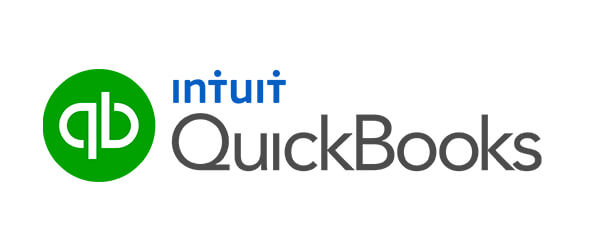How to Choose a Financial Advisor
You will never have a problem finding a financial advisor. The challenge, like looking for the right toothpaste brand or a shampoo, is deciding what kind of advisor to work with. You have probably stood in the grocery store before wondering: Should I get the one that specializes in fighting enamel erosion or teeth whitening? Am I looking to tame my oily hair or give it fuller body?
Most of us know our teeth and hair like the back of our hands. But deciphering what type of financial advisor to hire can be more challenging.
It isn’t an impossible choice, of course. Plenty of people have picked financial advisers and lived to tell about it – but if you want a solid working relationship that helps you make smart financial decisions, it helps to understand what you’re getting into and why you’re even talking to an advisor in the first place.
The following are the five steps to choosing a financial advisor:
Decide if you need a human financial advisor.
Determine the type of advisor you want.
Get referrals from friends or Google.
Check the financial advisor's credentials.
Interview multiple advisors.
Do you need a financial advisor?
Obviously, not everyone is ready to hire a financial advisor. If you’re lurching paycheck to paycheck, and you want to start saving, that’s great, and you should – but generally, a financial advisor won’t be interested in working with you, as harsh as that sounds. They do make money, after all, from their clients who are making money.
If you’re only able to sock away $30 per week or month into a savings account, because of what you’ll bring to the table and what they’ll take away from it in fees, neither you or the financial advisor can afford to work together. So when is it time? Here’s a good rule of thumb: “Once someone is to the point that they have stable and steady income and have the ability to save at least 20 percent of their annual income, it might be time to consider a financial advisor,” says a certified financial planner.
But even if you aren’t there yet, financial advisory firms and online services can provide assistance.
What type of financial advisor to get
The financial industry has two sets of compliances that advisers follow called the suitability standard or the fiduciary standard. The fiduciary standard is when your financial advisor is legally bound to act in your best interest. Fiduciary advisors must put their clients’ interests before their own.They’re also referred to as fee-only advisors because they don’t accept commissions on the investments they recommend.
Note: This is different from “fee-based” advisors, who charge fees and commissions. You’ll typically pay a fiduciary a quarterly fee that’s calculated as a percentage of the assets your advisor is managing.
Suitability standard. As financial advisers who follow the fiduciary standard will gleefully tell you, advisers who follow the suitability standard are only legally required to make sure the investments are suitable for you – they aren’t required to be your best option. A financial advisor following the suitability standard works on commission, so they may be incentivized to put you into products that line their pocket more than yours.
Fiduciary advisers are understandably proud of their distinction, but some of them make it sound as if you go with someone who works on commission, you might as well hire a crook to manage your money. But brokers following the suitability standard aren’t out to get you. It's true they may steer you toward an investment that their employer (your brokerage firm) is touting, but presumably, he or she wants to keep you as a happy client for years to come.
“I don’t believe the fiduciary standard itself protects people from harm,” says the regional president of an independent financial planning and advisory firm. And just to be clear, Meehan’s company is dually registered to small business accounting basics provide service under a fiduciary or suitability standard. “
The integrity of the advisor and the organization is your ultimate protection,” he says.
Ask for referrals from friends or Google
As for finding any advisor - you can certainly pull out the phone book or search the Internet, but a good course of action is to start with recommendations from friends, family or colleagues. Ask people with a similar financial situation or goals to yours who they use. Take down a few names, then head back to good ol’ Google to check the advisor out
Check the advisor's credentials
Verify your advisor’s credentials on brokercheck.com or adviserinfo.sec.gov. Both are free tools that provide the background and experience of individual advisors and firms. Most importantly, these sites will tell you about any disciplinary action the advisor has received.
Interview multiple advisors
Finally, shop around. Advisors recognize you may talk to a number of professionals, and you should. When you do talk to advisors, ask them to “describe their client experience,” says , vice chairman of Wealth Management in Los Angeles.
“How frequently and how will they communicate with you? How do they measure ‘success’ in a client relationship? Do you need to fit into their model, or are they able to customize an approach to your individual preferences and needs?” . Ask about the other resources available to you as a client. “No one can be an expert in all aspects of financial matters,”

He says. “Knowing your advisor has access to specialized expertise” can reassure you that you won’t “outgrow’ your advisor’s capabilities.” Be upfront with what you bring to the table, too. “You want to work with the advisor who is best for your situation and needs,” Regilio says. To that end, “share an overview of your financial situation as well as what you hope to achieve with the advisor.”